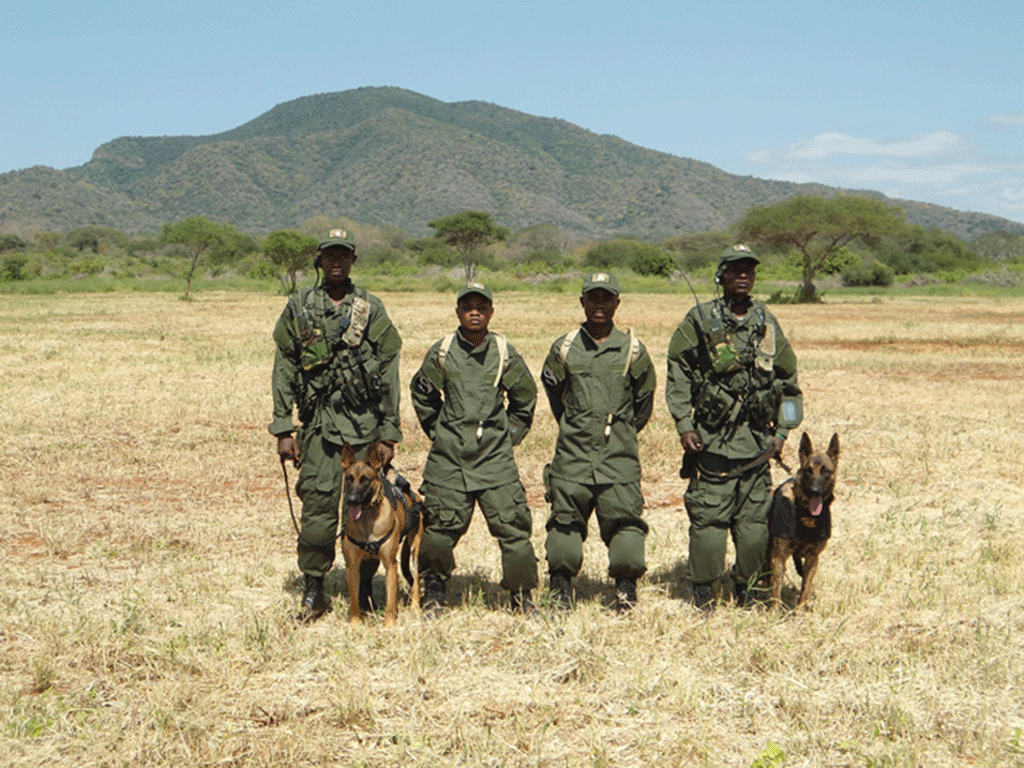Elephant's best friend
In the struggle against poaching, dogs can help save Africa’s elephants

Your support helps us to tell the story
From reproductive rights to climate change to Big Tech, The Independent is on the ground when the story is developing. Whether it's investigating the financials of Elon Musk's pro-Trump PAC or producing our latest documentary, 'The A Word', which shines a light on the American women fighting for reproductive rights, we know how important it is to parse out the facts from the messaging.
At such a critical moment in US history, we need reporters on the ground. Your donation allows us to keep sending journalists to speak to both sides of the story.
The Independent is trusted by Americans across the entire political spectrum. And unlike many other quality news outlets, we choose not to lock Americans out of our reporting and analysis with paywalls. We believe quality journalism should be available to everyone, paid for by those who can afford it.
Your support makes all the difference.In Mkomazi National Park, North Eastern Tanzania, the anti-poaching team have decided to hire some unusual employees for their infantry patrol.
Bandit and Chocolate are two of eleven puppies that were donated to small charity Animals Saving Animals, in order to be trained as part of the park’s anti-poaching initiative.
The two dogs, donated to the park under the direction of Tony Fitzjohn OBE in October last year, have been taught to patrol the park's grounds with a handler, tracking the presence of poachers. Once detected, the dogs are released to follow the scent of a poacher and hold onto them with their teeth until the rest of the anti-poaching team catch up. In good weather, the dogs can track down a poacher who is up to a kilometre away.
Recently, Bandit and Chocolate managed to catch three poachers who were trying to check their snares for bushmeat. The men, who were in their early twenties, were arrested and handed over to the Tanzanian police.
The dogs have also been trained to pinpoint the exact location of gunfire, a skill that humans find much harder to do out in the African bush.
Dogs are not the only new addition to Mkomazi Park's team. The rangers have recently started using drones as a method of anti-poaching surveillance too.
The drones can last for ten hours in the air, identifying anything suspicious in the bush and sending data back to the park's ground control system. Using the drone's data, rangers can then locate the poachers, track them down and arrest them.
Both surveillance drones and anti-poaching dogs are not only imaginative but essential measures to prevent the elephants in Mkomazi Park being killed for their ivory.
35,000 elephants have been killed in Africa every year since 2010, and at the current rate, the population will be extinct within our lifetime.
Join our commenting forum
Join thought-provoking conversations, follow other Independent readers and see their replies
Comments